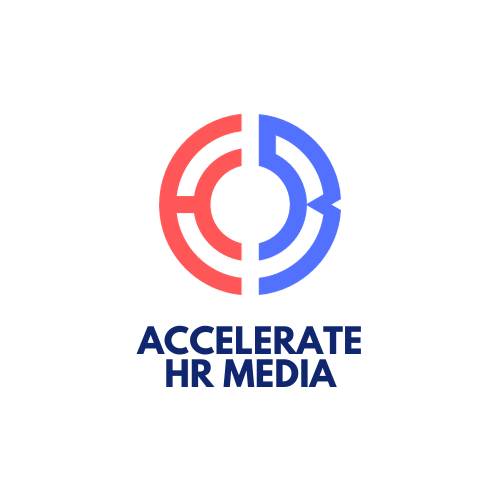As artificial intelligence (AI) transforms the workplace, companies are facing a growing challenge, how to equip employees with the skills necessary to succeed in an evolving era. According to the latest TalentLMS L&D Benchmark Report, employees are increasingly concerned that their job skills are becoming obsolete, and they feel left behind as technology advances at lightning speed.
The survey of 1,200 workers revealed that 49% believe AI is outpacing their company’s training programs, while 41% feel their skills are becoming less relevant due to technological advancements. As the demand for upskilling intensifies, the pressure is on employers to enhance their learning and development (L&D) strategies.
Employee Training Programs: Time for an Overhaul
The TalentLMS report shows that 63% of employees believe their company’s training programs need improvement. “AI is reshaping how we learn and work, and the desire to learn has never been stronger,” said Nikhil Arora, CEO of Epignosis, the parent company of TalentLMS. Employees are eager to feel confident in their skills and roles, but traditional training methods may no longer suffice.
Generational differences further highlight the need for personalized training solutions. Gen Z, in particular, is the least satisfied with current training programs, while millennials report higher satisfaction levels. This generational gap is reflected in how employees engage with training. 58% of respondents admitted to multitasking during training sessions, with younger generations (67% of millennials and 63% of Gen Zers) being the most prone to disengagement.
The Shift to Dynamic Learning
So, what do employees want? The survey points to multimedia content (53%) and self-paced learning (49%) as the most engaging methods for training. However, financial constraints often deter workers from asking for more training opportunities, creating a disconnect between employee needs and organizational support.
With 37% of Gen Zers considering a job change if their company doesn’t offer sufficient training, the stakes are high for employers to adapt quickly. “By utilizing personalized and flexible learning tools,” Arora noted, “organizations can close skills gaps and unlock potential within their teams.”
The AI Dilemma: HR Managers and Their Concerns
While HR departments are adopting AI tools, there are remaining concerns. A MyPerfectResume survey found that 64% of HR managers use AI for tasks like job descriptions, recruiting, and resume screening. However, many HR professional’s express concerns over ethical issues, such as data privacy and AI discrimination. Despite its advantages, 26% of HR managers opt out of using AI due to these concerns.
Employee retention is no longer just about salary and perks. If businesses want to keep top talent, they must address the growing need for dynamic, personalized, and AI-driven training programs. The future of work demands flexibility and responsiveness to the needs of the workforce.
Let us know your thoughts on this shift in training strategies. How is AI impacting your company’s employee retention efforts?
Follow AccelerateHRMedia for more insights on AI-driven training strategies.

